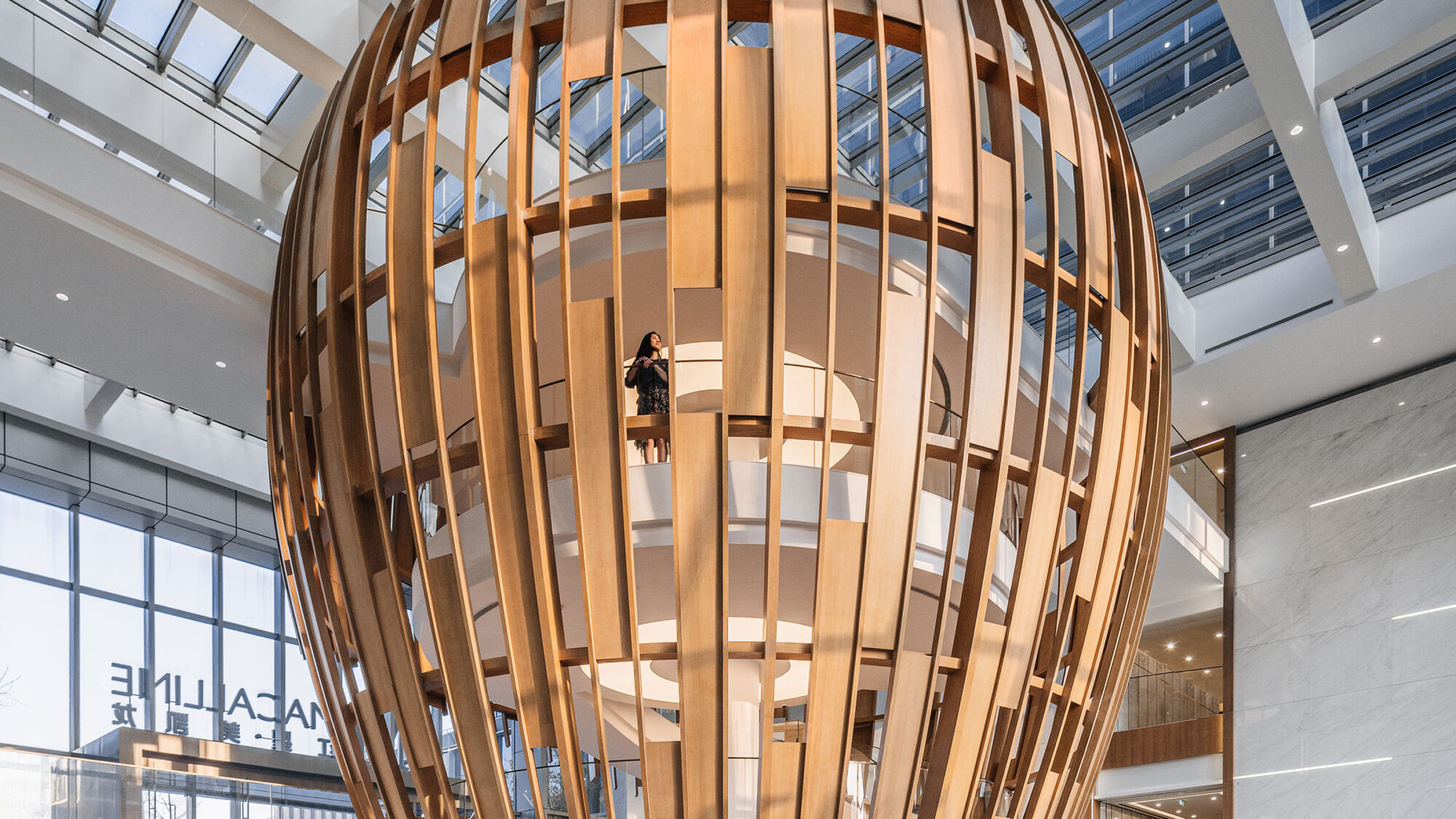

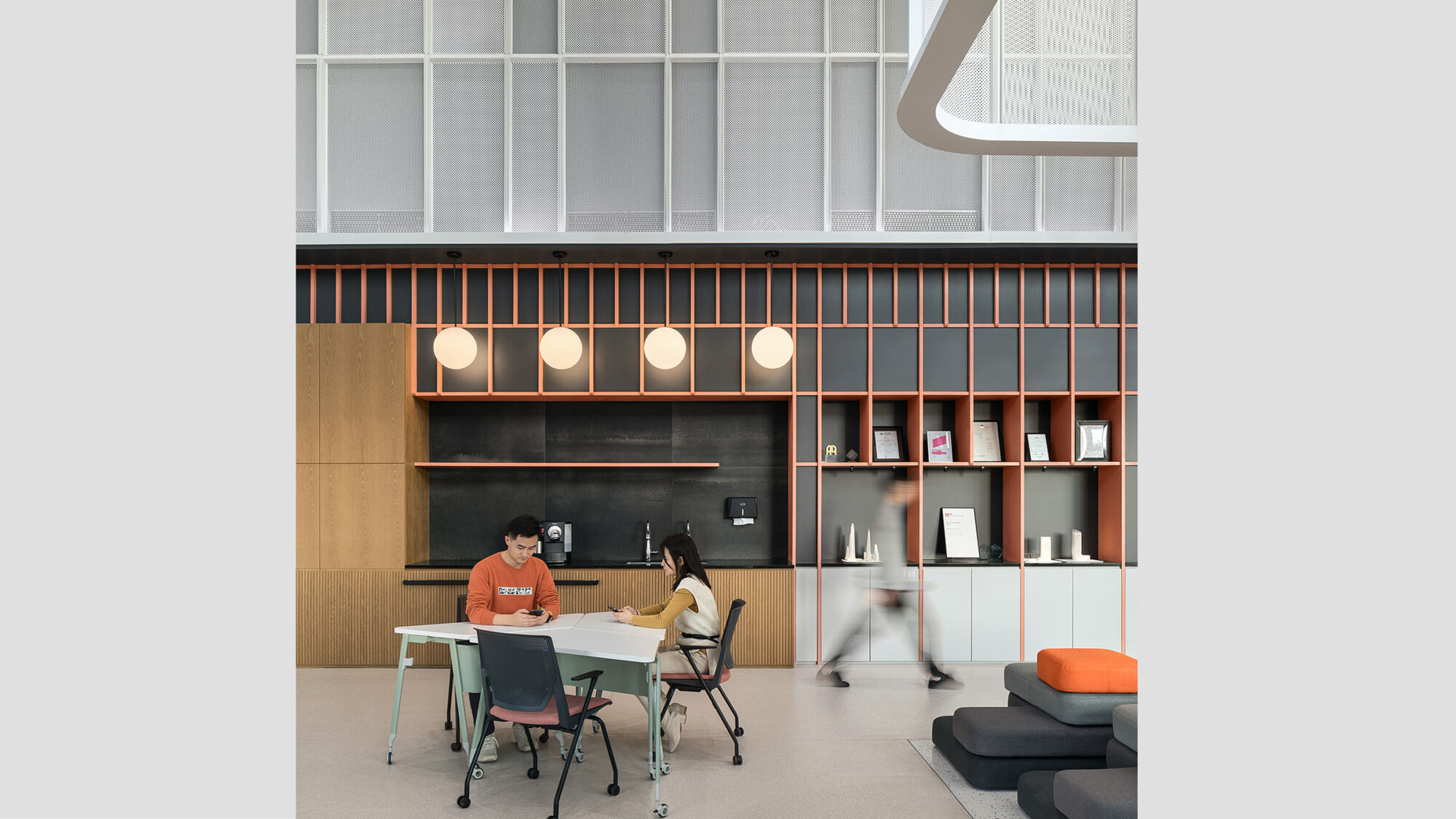

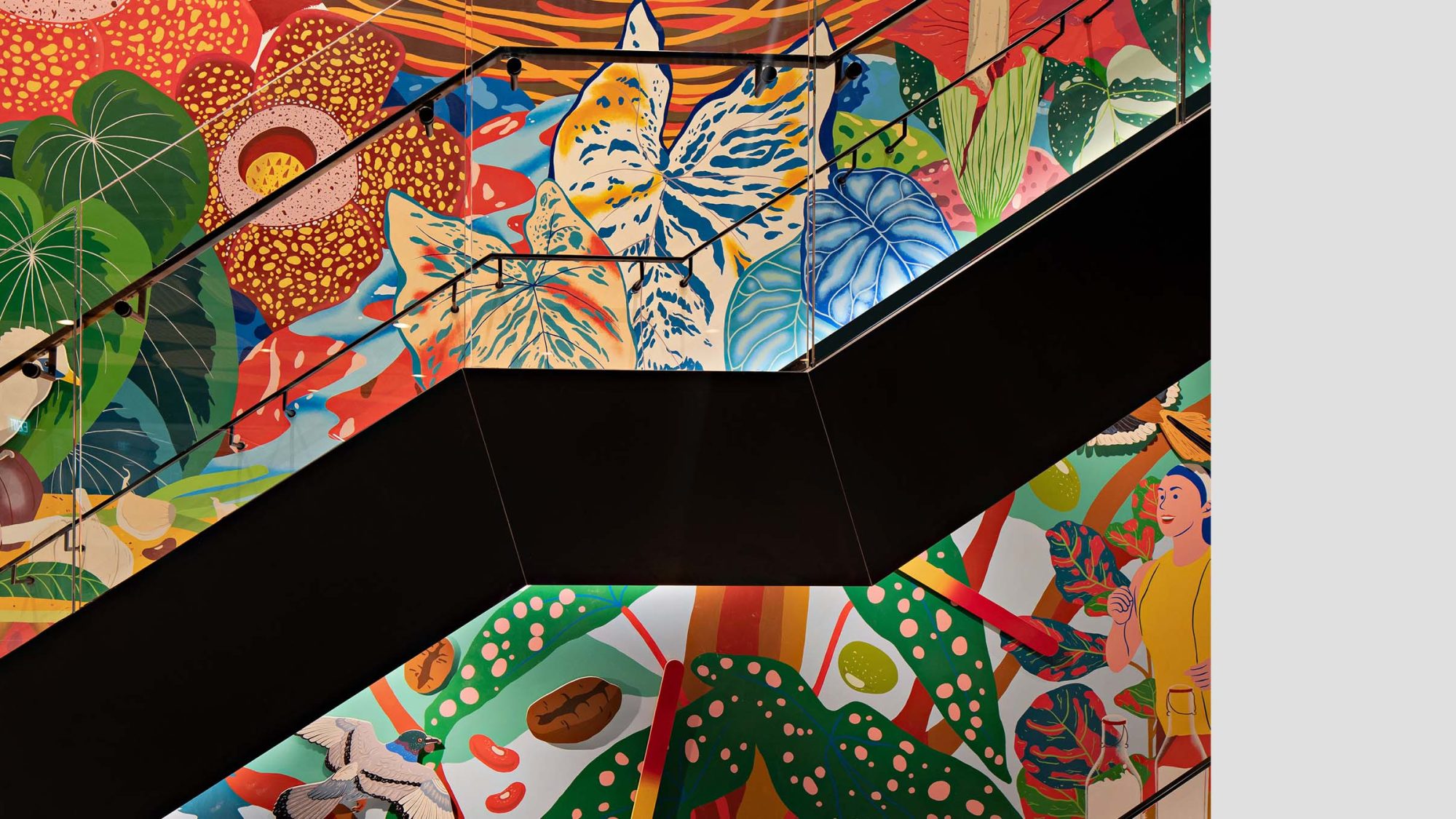
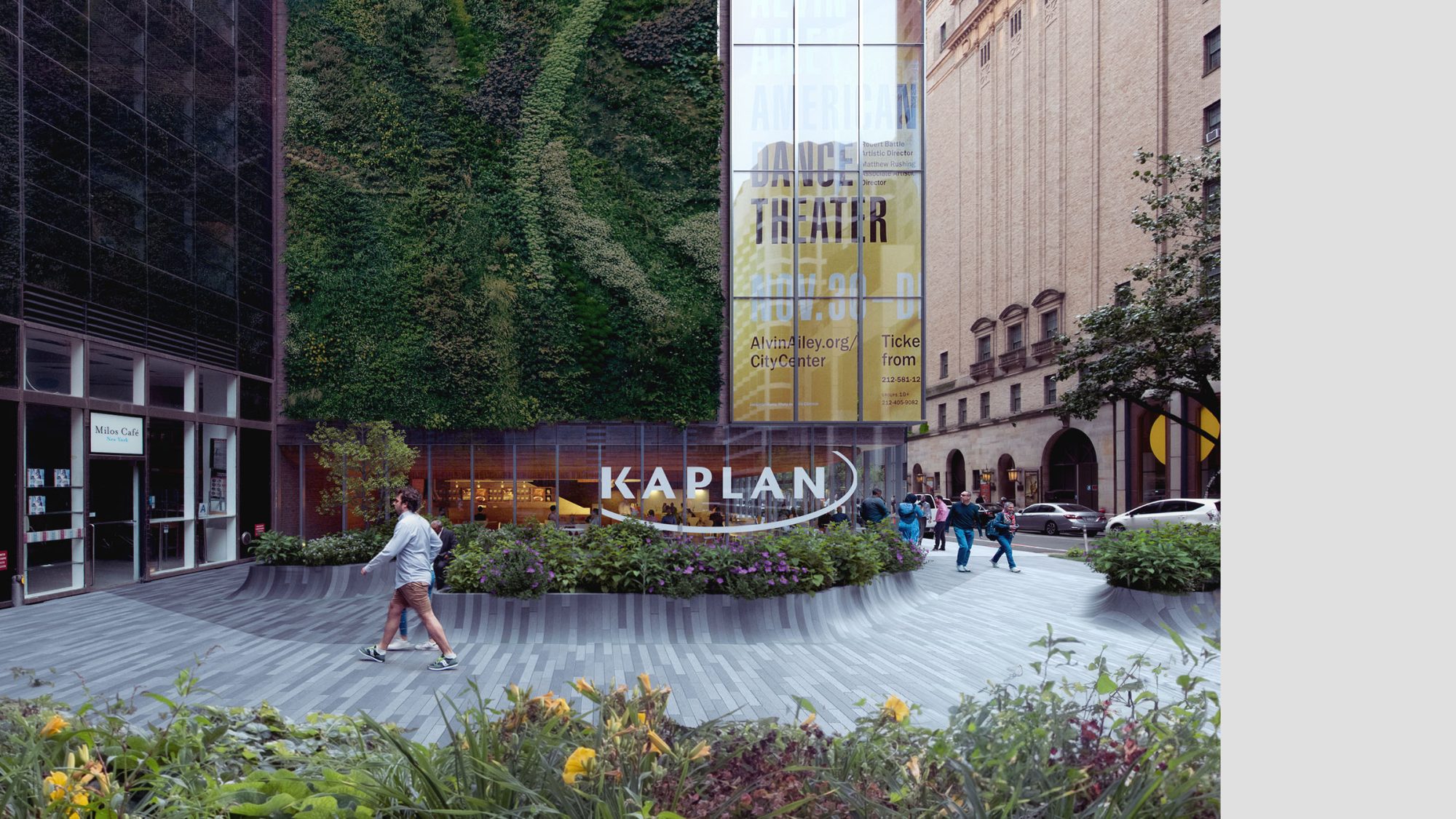
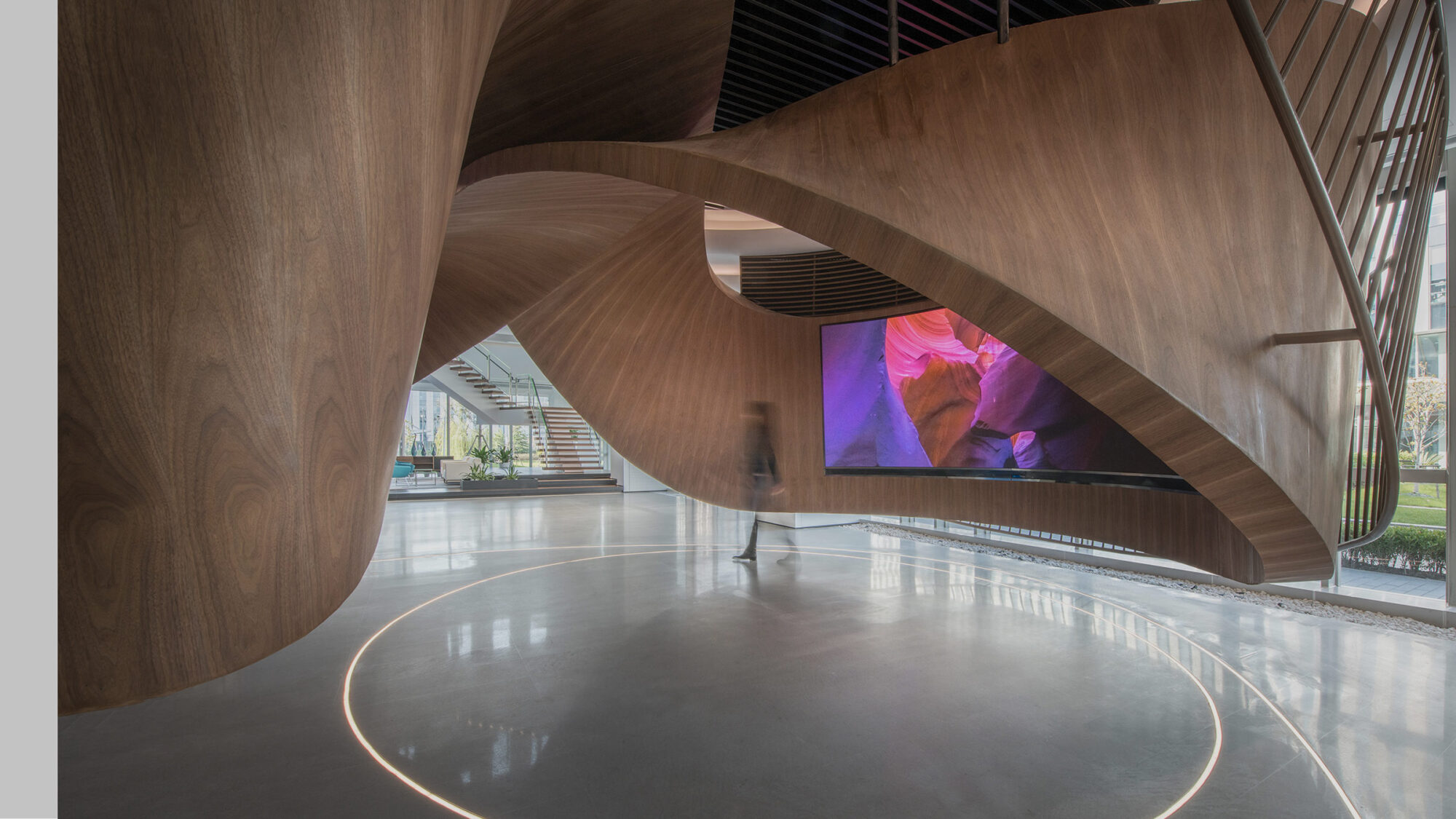
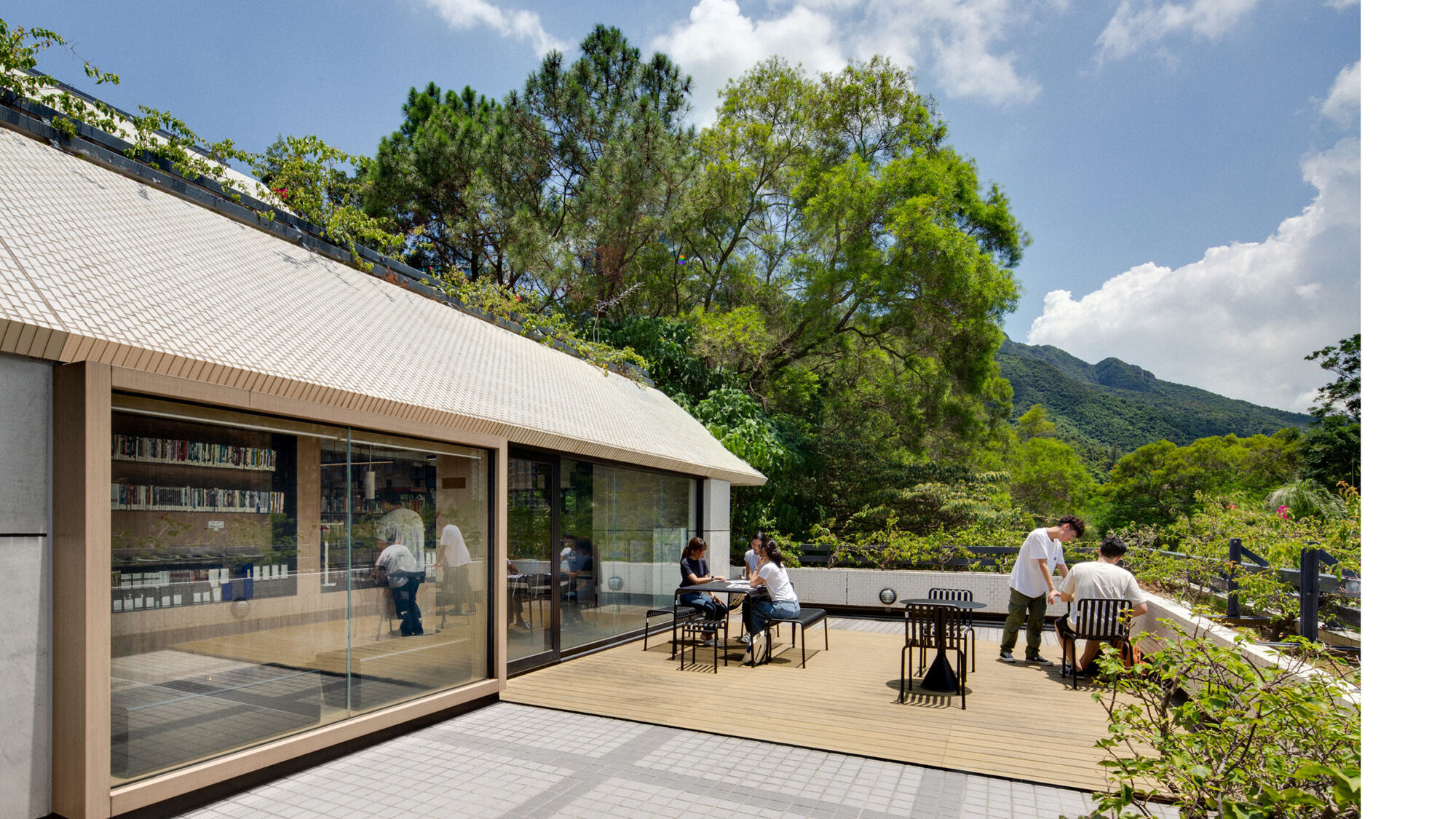
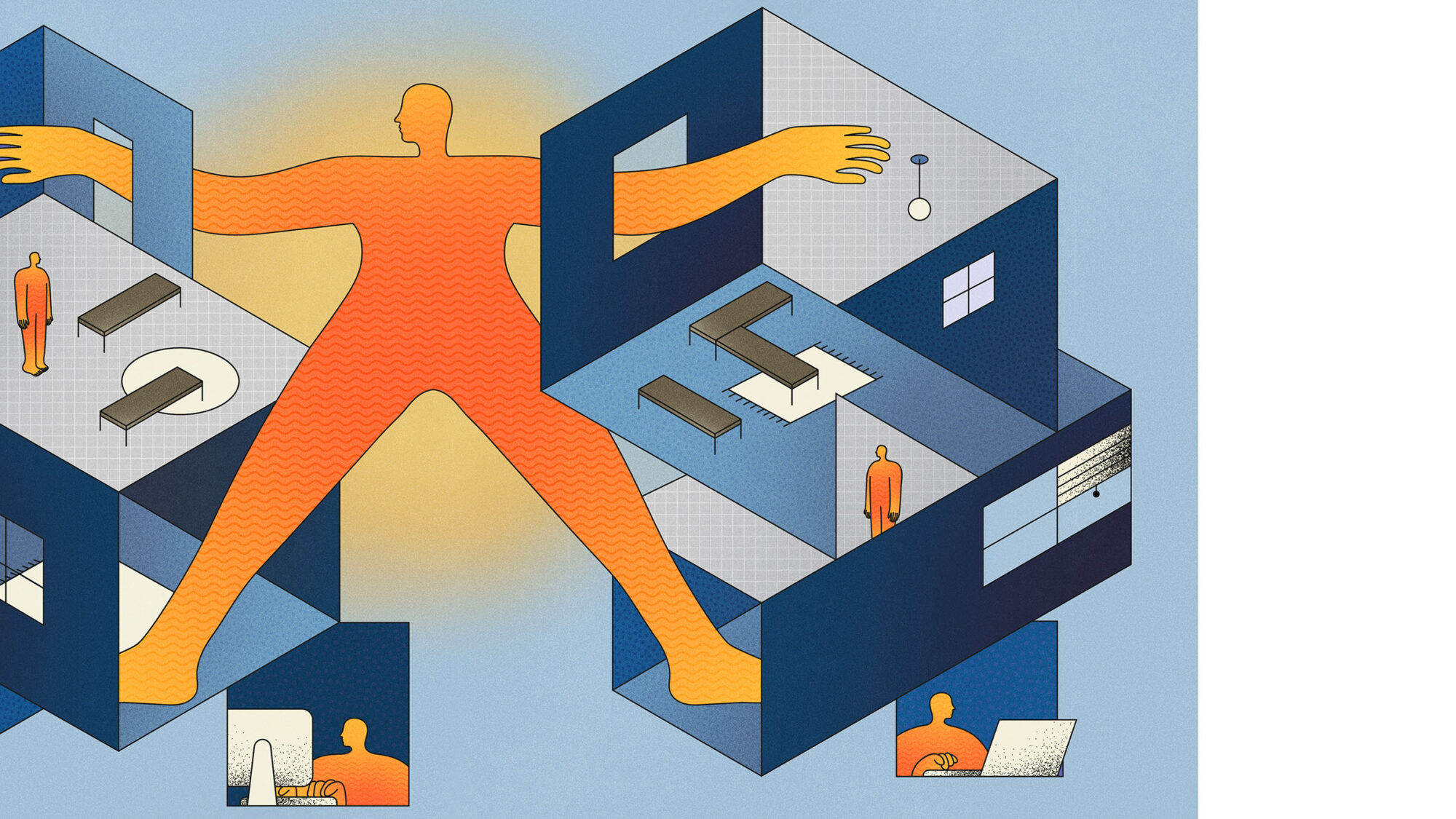
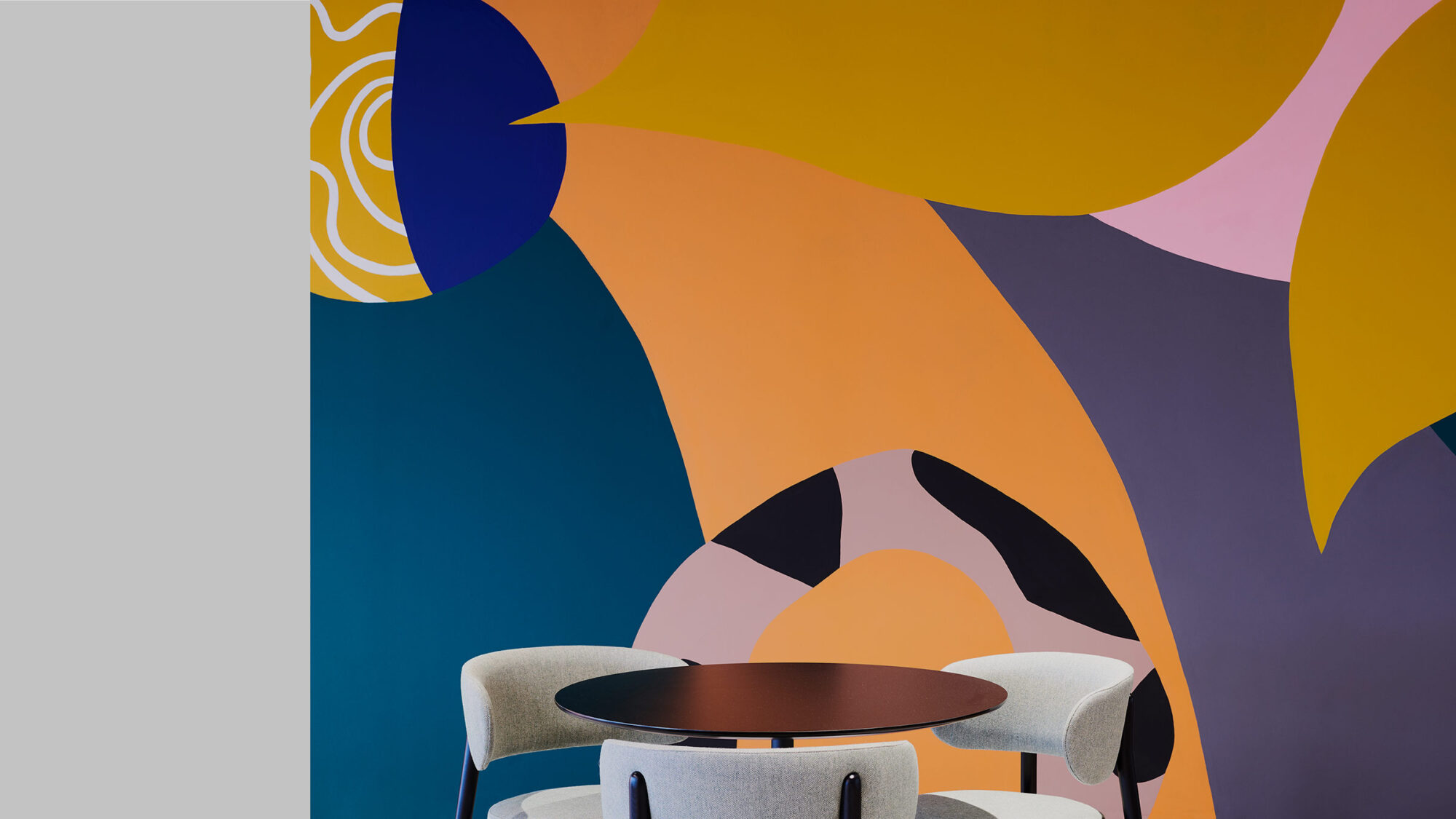
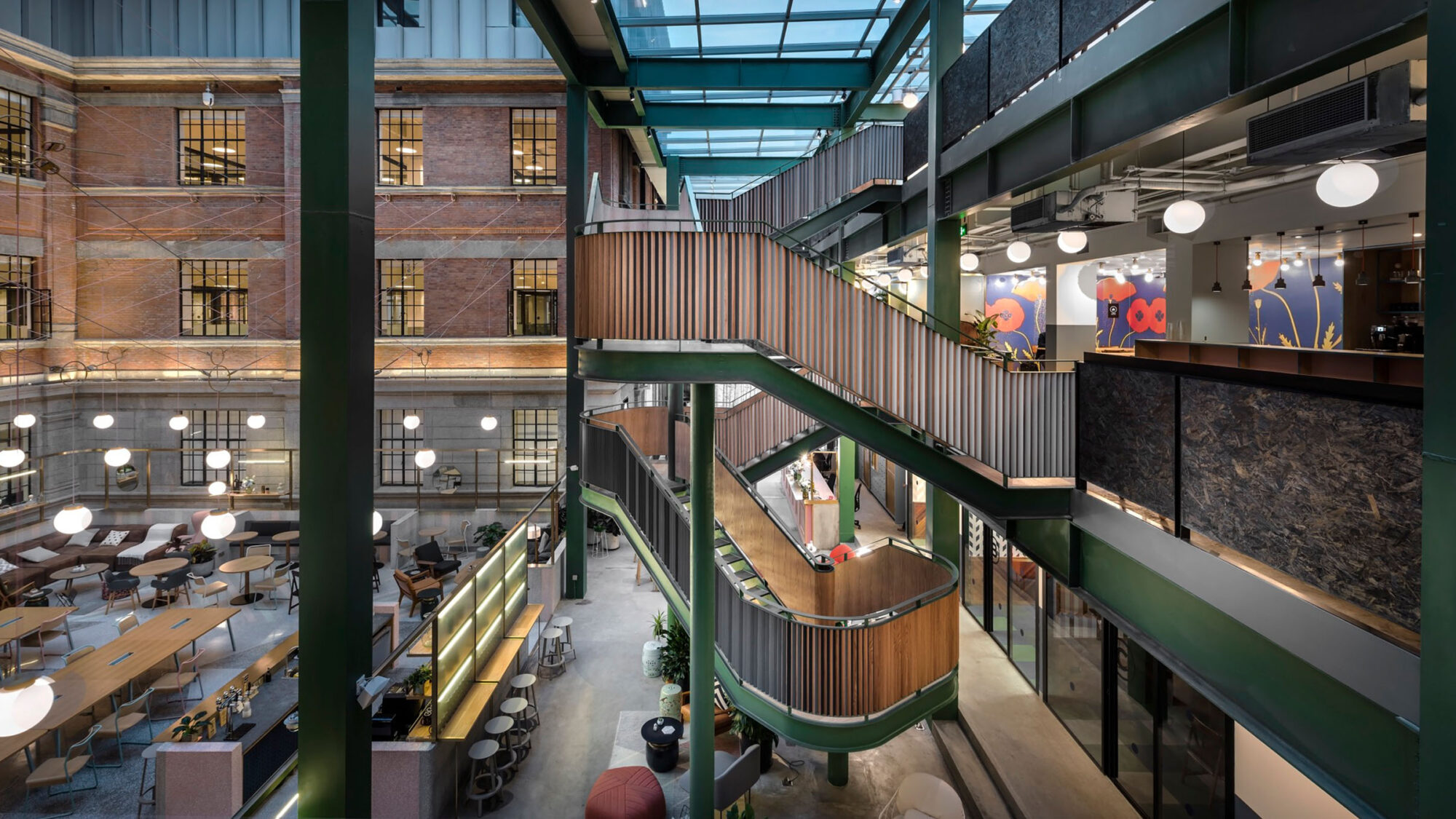
Once disruptive, co-working spaces are now ubiquitous. Whether you are an entrepreneur, a developer, or a corporate looking to capture the spirit in-house, where you choose to go or the model you adopt is crucial for your success.
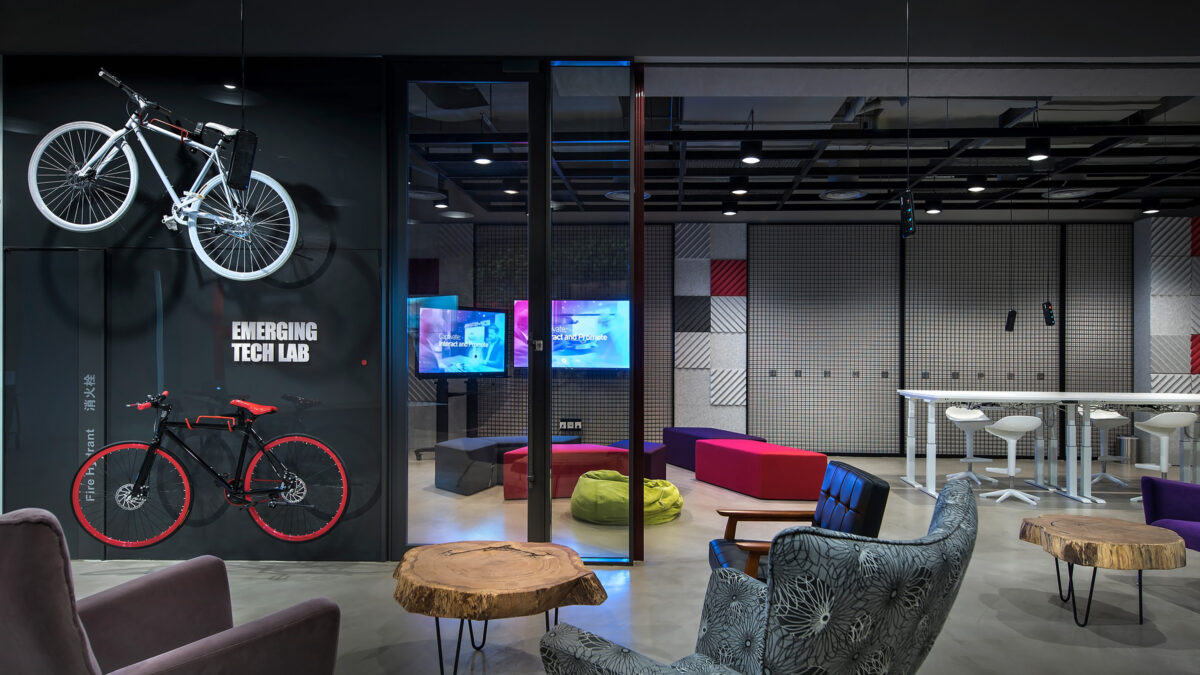
How and where people work has long experienced a shift away from traditional norms. Co-working is just one of the many trends revolutionising and challenging the notion of the workplace. According to Deskmag, over 10,000 co-working spaces were estimated to be operational worldwide.
Co-working is not primarily about space – they are about the package of services, the community, the financing, the digital and physical environment as well as their location.
As an entrepreneur, the most important questions to resolve are around your key values and needs. Are you in need of investments? Do you need a community to support? Do you need help to explore your venture, or are you a settled business that requires meeting areas and a regional network to drop in wherever you travel?
As a developer or operator, it is crucial to understand your competition, identify which audience you are targeting and their needs. Establish that compelling rationale why they would choose your co-working space. Depending on whether you have a confirmed environment/location or whether you are in the process of choosing the right space, your choices may be limited based on who you can attract for the environment or location, or you may be limited in terms of the size of operations, or other factors.
Do not underestimate the power of the elusive “vibe”. When asked how people chose their co-working spaces, many cited practicalities like location, transport, cost, amongst other considerations; but ultimately they chose a particular place based on their experience on their first visit and what “energy” resonated with them.
To navigate the complicated landscape for entrepreneurs, developers and co-working businesses alike we grouped co-working spaces into the ten distinct types we’ve identified. We’ve established the function, people, community and aesthetics that suit different needs and preferences.
1. The entrepreneurial start-up type
Community: heavy emphasis
People: innovation, tech and social
This group closely resembles the earlier co-working spaces with the vibe that resembles “hacker-spaces”. It has a strong emphasis on inner community collaboration and establishing external network connections. Curated events on innovation, “tech” and “social” are key themes that are explored to various degrees.
2. The hotel type
Community: lighter emphasis
People: executives
Offering a more refined experience for executives, these spaces are designed to be “on trend”. This group may include entrepreneurs, but appeals to businesses or individuals that are more established and use these spaces as drop-in places in various cities with a lesser need to connect through a community.
3. The serviced office type
Community: lighter emphasis
People: entrepreneur, employees, freelancers, executives
This type offers a more traditional office setting, with less of an emphasis on community. It’s a space to work – you rent an office or a desk. According to Fast Company, half of all Fortune 500 companies offer their staff temporary spaces at Regus to hold meetings or get work done on the road. Progressively the Serviced Office types are becoming more trendy and borrow from the aesthetics of Co-working space – but their use and service remain the same.
4. The investor incubator type
Community: curated network connections
People: technology, innovation, product development
Incubator spaces focus on mentoring and nurturing start-ups, providing guidance and funding to grow and establish a sustainable business. Start-ups are selected to be part of the investors’ initiative. Some have more unusual infrastructure such as a makers-lab as real-life testing environments for prototyping.
5. Corporate partner residency type
Community: partner-centric
People: corporate and partners and closed to general public
An environment initiated by a company to drive innovation with its partners. The business may choose a co-working business to run the incubator while employees work with partners.
6. The university incubator type
Community: closed for public, heavily mentored
People: university researchers and government workers, civil servants, corporates or entrepreneurs.
A cooperation between the government or business(es) with a university to drive research and development between the public, private and government sector. Typically located on campus.
7. The network type
Community: Strong internal and external networks
People: all
These co-working spaces are well located in globally for people who value the wide networks, strong community focus and shared amenities. Popular with business travellers who have convenient access to multiple cities and locations, and curated experiences. As an example, WeWork now has over 110 locations and is valued at approximately $16 billion, with two new locations just opened in Hong Kong.
8. The club type
Community: emphasis on social and events
People: Wellbeing
The emphasis on these co-working spaces is a lifestyle, not just work. Operating on a larger scale, they include spaces like a gym or swimming pool, or a bar or shops or even auditoriums. This is a hybrid co-working and event space that might run.
9. The developer-partner type
Community: tenants and mass market
People: depends on strategy
Increasingly, developers are partnering with co-working operators across their networks to transform real estate potential in retail and corporate buildings into co-working spaces. This could be an attractive benefit to tenants as alternative meeting spaces, event spaces, space to work, surplus space.
Aside from co-working spaces, there are co-working concepts that don’t focus on space or traditional living and working formats. Instead the focus is on wellbeing and living experiences.
10. The co-workation type
Community: Vital, work and play
People: Location independent entrepreneurial nomads, people on a career break
This has also coincided with the growth of the Location Independent Movement. These global or digital nomads aim to live and work location-independently. Armed with their gig mindset and mobility tools, they can work anywhere, whenever they wish. The co-working holiday approach promotes destination working. Another target can be people who are taking a career break to work on their post-career ideas, prior to launching their own business.
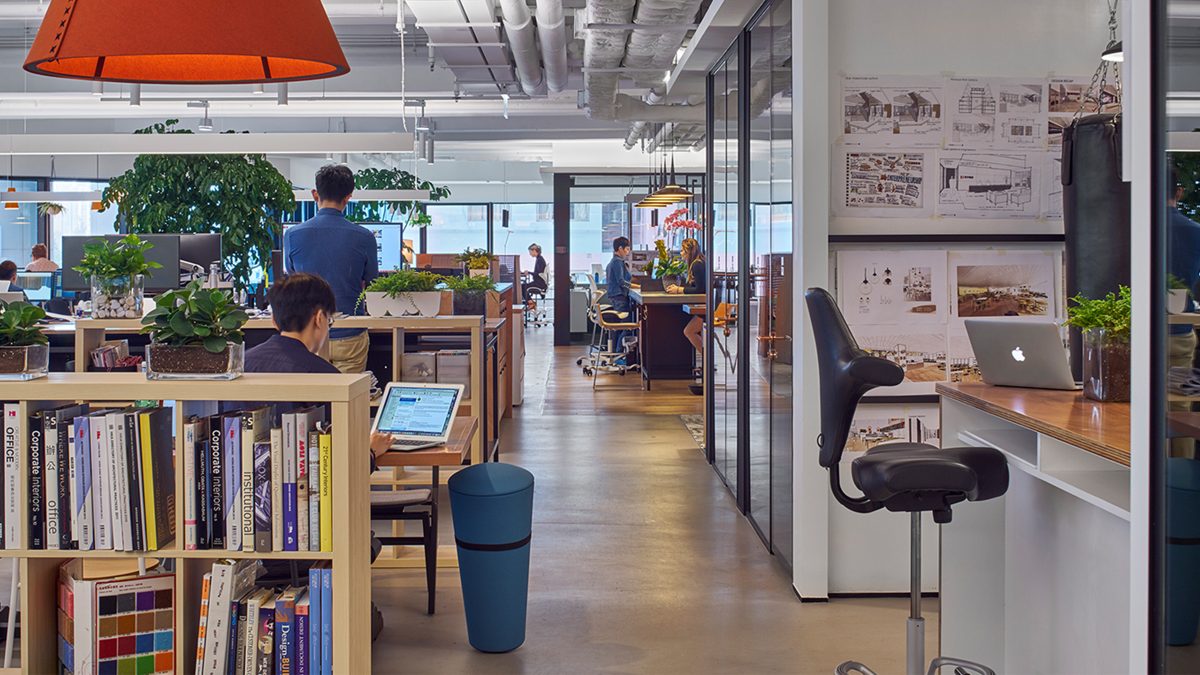
Group Director